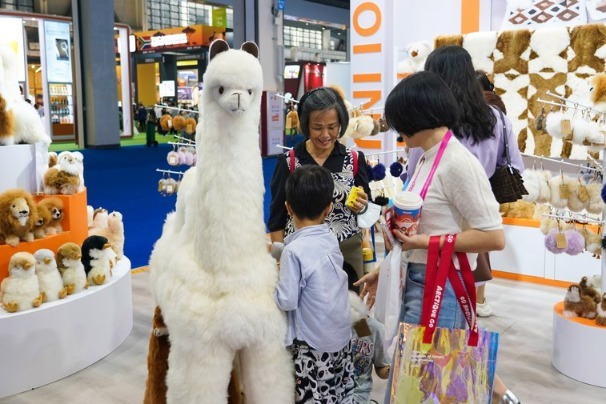China to boost new forms, models of foreign trade to develop new competitive edge


BEIJING - China will accelerate the development of new forms and models of foreign trade to push forward its upgrading and foster new competitive strengths, the State Council's executive meeting chaired by Premier Li Keqiang decided on Tuesday.
Recent years have seen rapid development of new forms and models of foreign trade. Such development has propelled the transformation and upgrading of the country's foreign trade as a whole, and played a vital role in stabilizing foreign trade against the COVID-19 pandemic.
"New business forms and models, especially cross-border e-commerce, have become a vibrant force driving China's foreign trade. They also represent an important trend in the development of international trade," Li said, "China's cross-border e-commerce has grown by nearly 10 times over the past five years. By both exports and imports, cross-border e-commerce has been expanding much faster than overall foreign trade, and its share in overall foreign trade has gone up significantly."
Policies to support cross-border e-commerce development will be improved. Integrated pilot zones for cross-border e-commerce will be piloted in more areas. The list of goods in cross-border e-commerce retail import will be finetuned. Management of cross-border e-commerce import and export returns and exchanges will be made more convenient. Guidelines on protecting intellectual property rights in cross-border e-commerce will be drafted, to deter counterfeit and substandard goods.
The meeting required vigorous efforts to advance the development of overseas warehouses. Traditional foreign trade companies, cross-border e-commerce platforms and logistics firms will be encouraged to participate in developing overseas warehouses and make them more standardized, digitized and intelligent. Such efforts will promote micro, small, and medium-sized enterprises to go global via overseas warehouses, and drive Chinese brands and products from startups and innovation firms to expand international market.
"We will support businesses in establishing overseas warehouses. This is an important way for facilitating Chinese brands going global, and has played an important role in opening overseas retail channels," Li said, "For 'made-in-China' products to go global, it takes new business models and solid steps for steady progress."
Market procurement trade will be actively developed. Integrated foreign trade service firms will be guided to improve efficiency and risk control when handling export tax rebate on behalf of manufacturers. Enterprises in integrated bonded areas and pilot free trade zones will be supported to offer bonded repair services. Places with permitting conditions will be supported to develop offshore trade. International cooperation in intellectual property protection, transnational logistics and other areas will be stepped up.
"We need to further promote international exchange and cooperation, take an active part in making international rules and standards of new business forms and models of foreign trade and proactively align with the global logistics industry," Li said.




